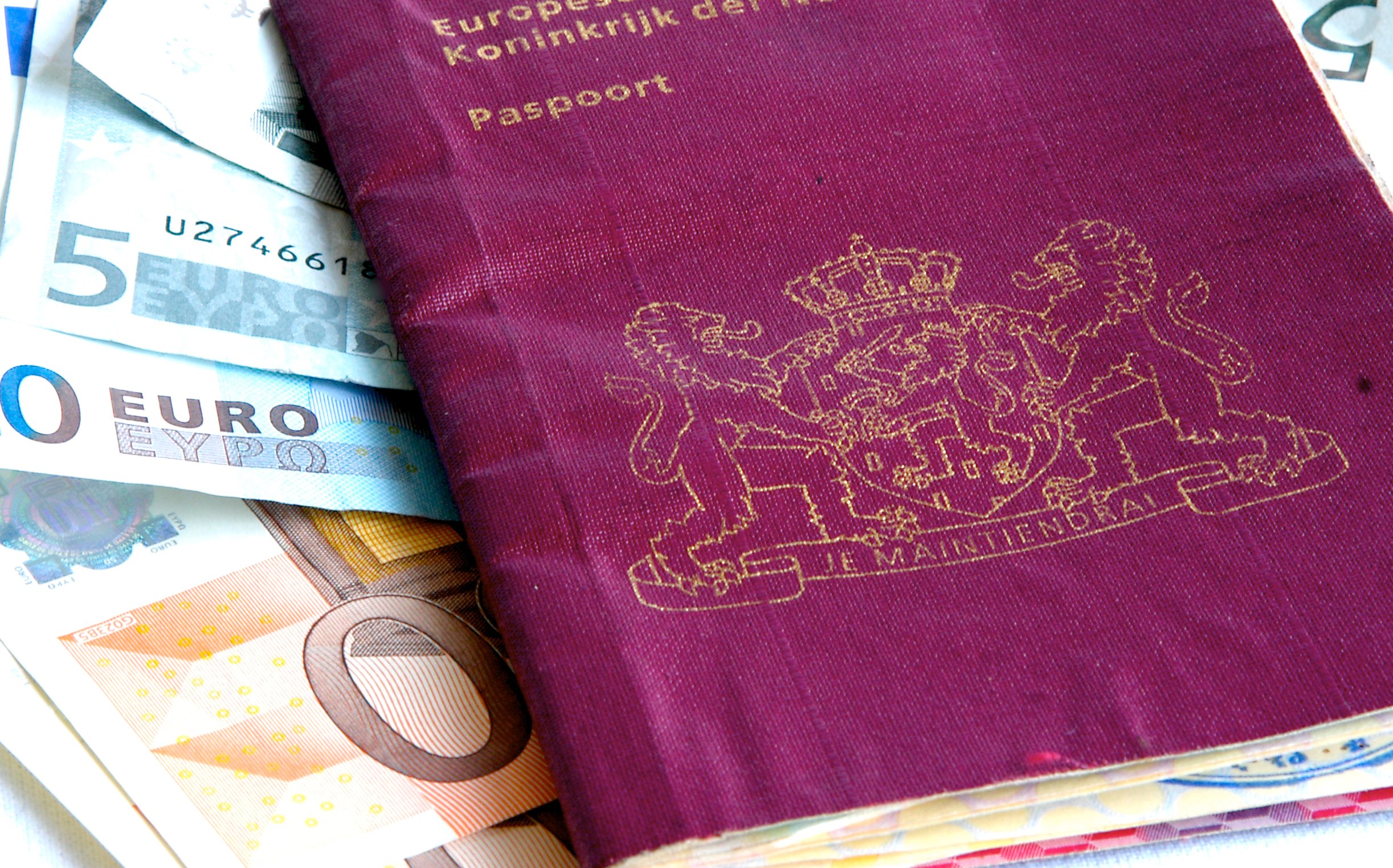Hiring Non-EU Talent as a Non-Profit in the Netherlands: What you need to know
5:13
While labor migration conversations often focus on commercial sectors, non-profit organizations active in healthcare, education, research, and advocacy also increasingly need access to international talent. If your organization is considering hiring a non-EU national, you’ll typically be choosing between three key residence and work permits: the Highly Skilled Migrant permit, the Single Permit (GVVA), or the EU Blue Card. Each option offers distinct advantages, limitations, and requirements. Below an is an overview to guide you through them.
Pros:
Streamlined process for Recognized Sponsors: Recognized sponsors benefit from faster and more efficient application procedures through the IND.
No Labor Market Test: No requirement to prove there’s no suitable EU/EEA candidate.
Designed for High-Level or Specialist Roles: Especially suitable for policy advisors, international project managers, researchers, or IT specialists.
Cons:
Recognized Sponsorship is required: Organizations need to be IND-recognized sponsors — an application process with associated costs and compliance obligations. This is a one-time process which we can help your organization guide through.
Salary thresholds apply: Minimum monthly gross salaries for 2025:
€5,688 excl 8% holiday allowance for those aged 30 and older
€4,171 excl 8% holiday allowance for those under 30
€2,989 excl 8% holiday allowance for recent (Dutch) university graduates/Holders of an Orientation Year permit
Pros:
Broader role applicability: Suitable for operational, support, or community roles outside the scope of the Highly Skilled Migrant scheme.
Exemptions for Internationally oriented Non-Profits: Non-profits with an international mission and a workforce of at least 50 full-time staff globally may be exempt from the labor market test.
Lower salary requirement: No fixed threshold beyond the statutory Dutch minimum wage (unless the position is regulated).
Cons:
Slower processing times: The involvement of both the UWV and IND can result in longer decision times than the Highly Skilled Migrant route.
Strict exemption criteria: Not all internationally oriented non-profits or vacancies meet the conditions for the Market Test exemption.
Labor Market Test may be required: If not exempt, employers must prove no suitable EU/EEA candidate is available.
Pros:
No sponsor status required: Unlike the Highly Skilled Migrant permit, employers hiring under the EU Blue Card do not need to be IND-recognized sponsors, an attractive advantage for smaller non-profits.
Salary threshold equal to Highly Skilled Migrant Scheme: As of 2025, the gross monthly salary threshold for the EU Blue Card is €5,688 excl 8% holiday allowance, the same as for highly skilled migrants aged 30 and above.
Reduced salary threshold for recent graduates: Recent university graduates may benefit from a lower salary requirement (€4.551 excl 8% holiday allowance).
Mobility across EU: After a certain period, Blue Card holders can transfer more easily between EU countries, offering flexibility for internationally operating non-profits.
Cons:
High qualification OR 5 year work experience requirement: Candidates must hold a recognized higher education degree (minimum Bachelor’s level), typically equivalent to Dutch HBO or WO standards OR demonstrate that they have at least 5 years of relevant work experience for the role.
Longer processing times for companies without recognized sponsorship status: While the IND aims to decide on applications filed by recognized sponsors within 30 days, this is not the case for companies without this status.
For specialist, leadership, or policy roles, non-profits with IND sponsor status and adequate budgets typically benefit from the Highly Skilled Migrant permit due to its speed and flexibility. For smaller non-profits, or those without sponsor status but with highly qualified candidates, the EU Blue Card presents an excellent alternative at the same salary level, with the added advantage of no sponsor requirement and similar tax benefits.
For operational, support, or community-based positions, or where international orientation criteria are met, the Single Permit (GVVA) remains a suitable option though exemptions from labor market testing apply only in specific cases.
Dutch non-profits have several well-structured immigration options to attract international talent. Understanding these options helps organizations recruit the right talent efficiently while staying fully compliant.
Looking for tailored advice for your next hire? At Exterus, we specialize in advising companies and organizations of all sizes on Dutch immigration processes, exemptions, and best-fit hiring strategies. Get in touch, we’d be glad to help.

Ensure market-conform salaries for immigration compliance in the Netherlands. Learn how to align HR policies with immigration regulations to support Highly Skilled Migrant and EU Blue Card applications.

Discover the 2026 Dutch highly skilled migrant salary thresholds, how annual indexation affects applications, extensions, and employer changes.

Discover the new salary thresholds for highly skilled migrants and Blue Card holders in 2026 and explore future policy changes affecting migration to the Netherlands.

Discover how the reduced salary threshold for Highly Skilled Migrants in the Netherlands benefits both employers and recent graduates. Learn eligibility criteria and key considerations.

Discover the new salary thresholds for highly skilled migrants and Blue Card holders in 2026 and explore future policy changes affecting migration to the Netherlands.

Discover the GVVA single permit in the Netherlands. Learn the hurdles, exemptions, and faster alternatives for hiring non-EU talent.

Navigating the complexities of becoming a highly skilled migrant can be challenging, but understanding the requirements is the first step.

Your guide to the EU Blue Card in the Netherlands. See 2025 requirements, salary thresholds, and how it compares to the HSM permit.

Avoid costly fines when hiring non-EU students in the Netherlands. This guide covers work permits, working hour limits, and administrative duties for employers.

Looking to hire top global talent fast? Learn how your Dutch startup can hire highly skilled migrants using an Employer of Record—skip the red tape, stay compliant, and scale smarter. Discover the benefits and process in our guide.

Discover the ins and outs of holiday allowance in the Netherlands, including how it’s calculated, when it’s paid, and why it’s an essential perk for employees in the Netherlands.
Subscribe to our newsletter and stay ahead with the latest insights and developments in global employment mobility, delivered straight to your inbox.
By subscribing you agree to with our Privacy Statement